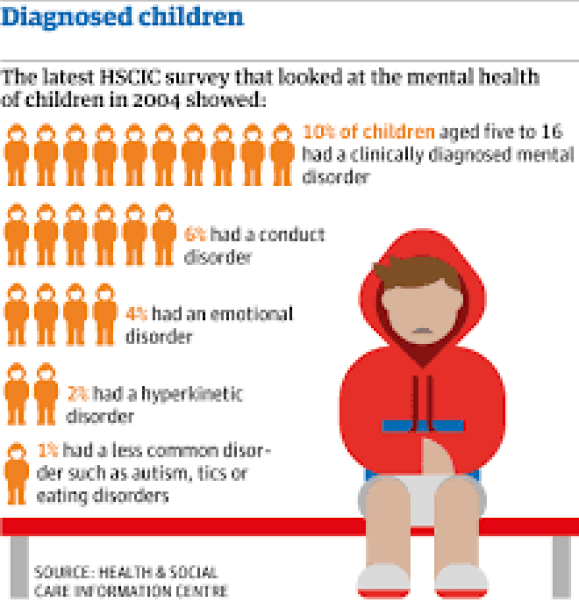Autoimmune disorders can be debilitating and challenging to manage, but with the right knowledge and support, patients can learn to cope with their condition and improve their quality of life. In this comprehensive guide, we will explore the different strategies and resources available to help individuals with autoimmune disorders navigate their health journey effectively.
Understanding Autoimmune Disorders
Autoimmune disorders occur when the body’s immune system mistakenly attacks healthy cells and tissues. This can lead to a wide range of symptoms, including fatigue, joint pain, skin rashes, and more. There are over 80 different autoimmune disorders, with some of the most common ones being rheumatoid arthritis, lupus, and multiple sclerosis.
Seeking Professional Help
If you suspect that you may have an autoimmune disorder, it is crucial to seek help from a qualified healthcare provider. A healthcare professional can perform tests to diagnose your condition and develop a treatment plan tailored to your specific needs. They can also refer you to specialists and support groups that can offer additional assistance and guidance.
Managing Symptoms
Managing symptoms is an essential part of coping with autoimmune disorders. This may involve taking medications prescribed by your healthcare provider, engaging in physical therapy, or making lifestyle changes such as adopting a healthy diet and exercise routine. It is essential to listen to your body and communicate openly with your healthcare team about any changes in your symptoms or overall health.
Embracing Self-Care
Self-care is crucial for individuals with autoimmune disorders. This may involve setting boundaries, saying no to activities that drain your energy, practicing stress-reducing techniques such as meditation or yoga, and prioritizing rest and relaxation. It is essential to take care of your mental and emotional well-being in addition to your physical health.
Connecting with Support Networks
Living with an autoimmune disorder can feel isolating at times, but connecting with others who understand what you are going through can provide much-needed support and encouragement. Consider joining a support group either in person or online, where you can share experiences, ask questions, and learn from others who have similar conditions. Building a community of people who understand your struggles can make a significant difference in your overall well-being.
Educating Yourself
Knowledge is power when it comes to managing autoimmune disorders. Take the time to educate yourself about your condition, including the underlying mechanisms, potential triggers, and available treatment options. Stay up to date on the latest research and developments in the field, and don’t be afraid to ask questions during appointments with your healthcare provider. The more informed you are, the better equipped you will be to make decisions about your health.
Staying Positive
While living with an autoimmune disorder can be challenging, maintaining a positive outlook can make a world of difference. Focus on the things you can control, such as your self-care routine, relationships, and mindset. Celebrate small victories and milestones, and don’t be too hard on yourself during setbacks. Remember that you are not alone in your journey, and there are resources and support available to help you along the way.
Conclusion
Living with an autoimmune disorder presents unique challenges, but with the right strategies and support, individuals can learn to cope effectively and improve their quality of life. By seeking professional help, managing symptoms, embracing self-care, connecting with support networks, educating yourself, and staying positive, you can navigate your health journey with resilience and determination. Remember that you are not alone, and there are resources and communities available to support you every step of the way.
Stay informed, stay positive, and take care of yourself.


